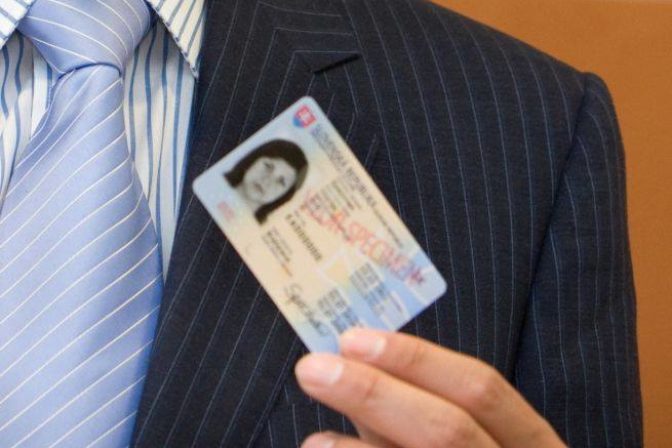BRATISLAVA, September 21, (WEBNOVINY) — In the future, disciplinary court panels will decide on a temporary suspension of judges instead of the justice minister, as was originally proposed. “It is a major step toward strengthening the judiciary,” said Justice Minister Lucia Zitnanska, adding that this change will eliminate the possibility of willful actions of the ministry or the Judicial Council. The change was incorporated in the draft amendment to the law on judges, based on objections raised in its interdepartmental review. The ministry also accepted the respective objection and eased the ban to take up a post of a judge during five years from termination of service on a high public post, such as president, Cabinet member or parliamentary deputy. In line with the new rules, such person will be able to serve as a judge, but during a five-year period he/she will not be able to become chairman of deputy chairman of a court. This principle will prevent the possibility of a justice minister to become president of the Supreme Court from day to day, which was the case of former Justice Minister Stefan Harabin, who now serves as Supreme Court president.
Another change that the revision to the law on judges will introduce is the duty of applicants for open positions of judges to present a list of relatives who are judges, employees of courts, the ministry, including organizations fully or partially subsidized from the ministry’s budget, or are members of the selection committee. Judges will be obliged to present such a list annually together with property statements. According to the Justice Ministry, this will help uncover ties in the system. Unlike the original draft revision to the law, the latest wording will enable court chairmen to perform the service of judges, too. The ministry insists on cancellation of bonuses to judges, as it considers it non-systemic. This measure will cut spending by approximately EUR 700,000. The Justice Ministry accepted more than one hundred objections raised in the interdepartmental review of the draft, added minister Zitnanska.
The draft, that the Cabinet is to debate on Wednesday, is to bring greater transparency in the judiciary, reduce space for internal corruption and strengthen the independence of judges in their service. Justice Minister Lucia Zitnanska presented the first package of measures aimed at greater transparency in the judiciary in Slovakia earlier this month. Among the measures proposed are publishing court decisions on the Internet, public selection procedures for the positions of judges and court chairmen, public judiciary testing, and cancellation of bonuses for judges.
The justice minister divided the changes into three categories: those related to opening of the judiciary to public control, those focused on the elimination of the opportunities for internal corruption and influencing judges, and those that strengthen the independence of the judiciary so that unbiased decision-making of judges in individual cases is guaranteed.
Supreme Court President and former justice minister Stefan Harabin alleged after presentation of the original draft in early September that it is aimed at concentrating jurisdictions in the hands of the justice minister at the range unseen in Slovakia since November 1989. The former justice minister said that it is bolshevization of the judiciary, where SDKU politicians will have absolute power and control.
SITA












